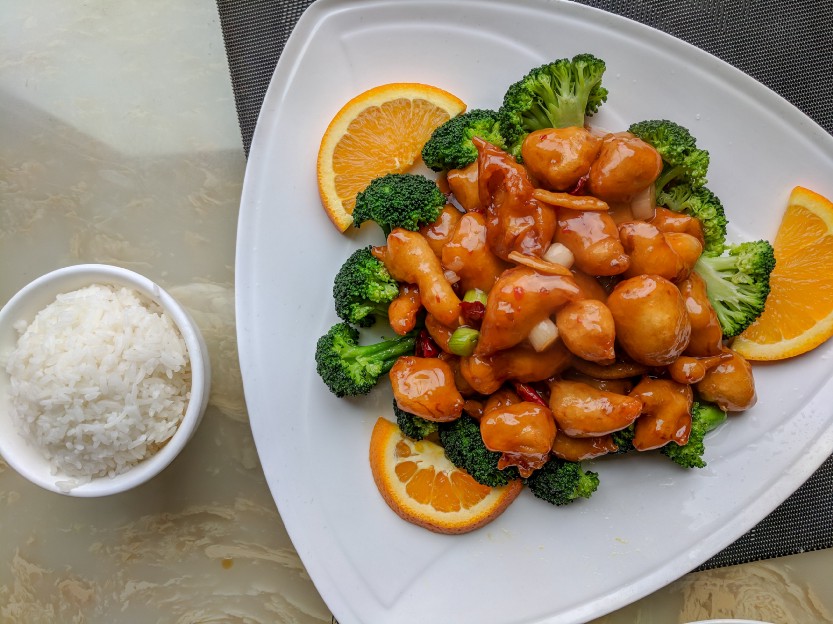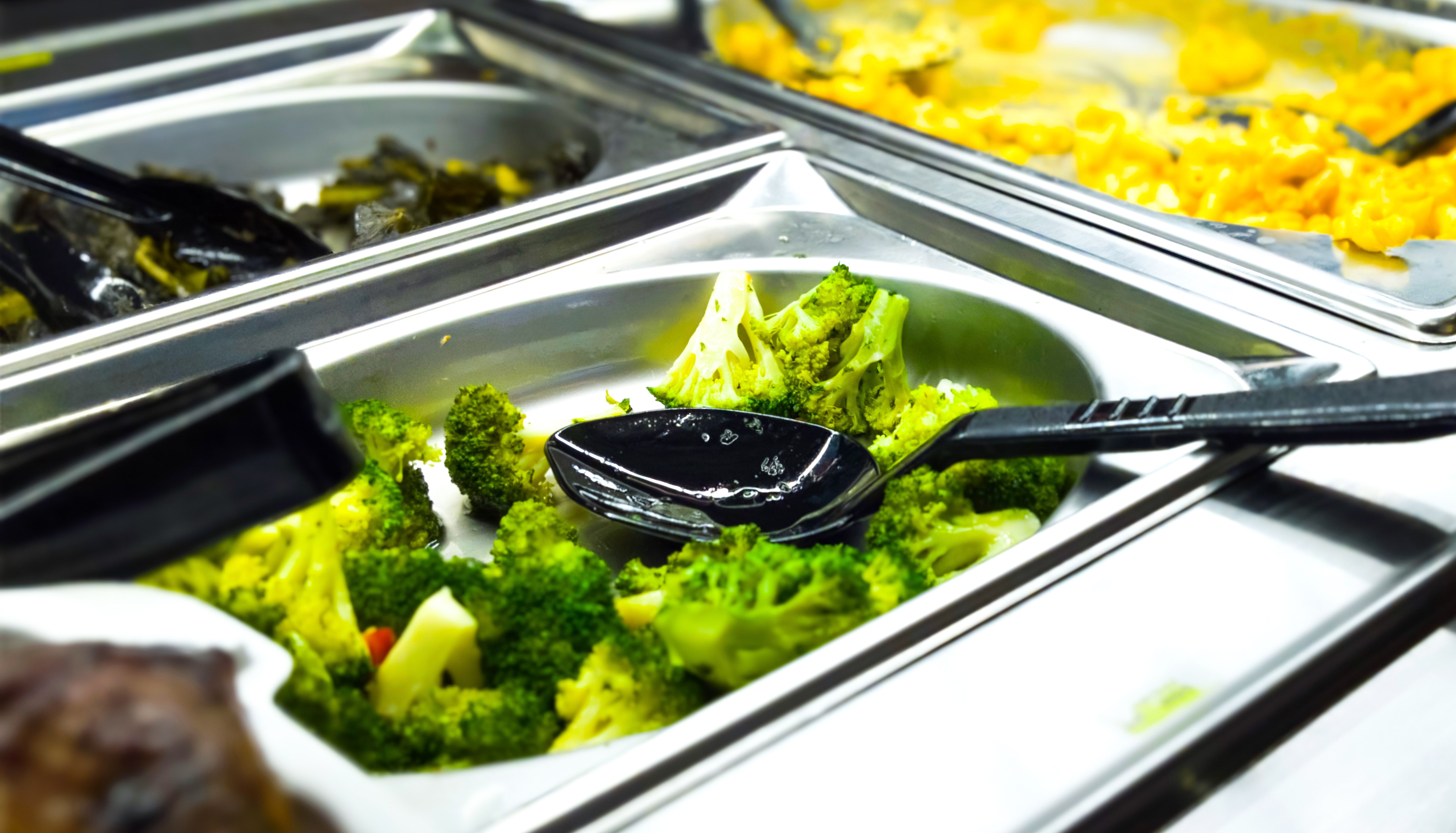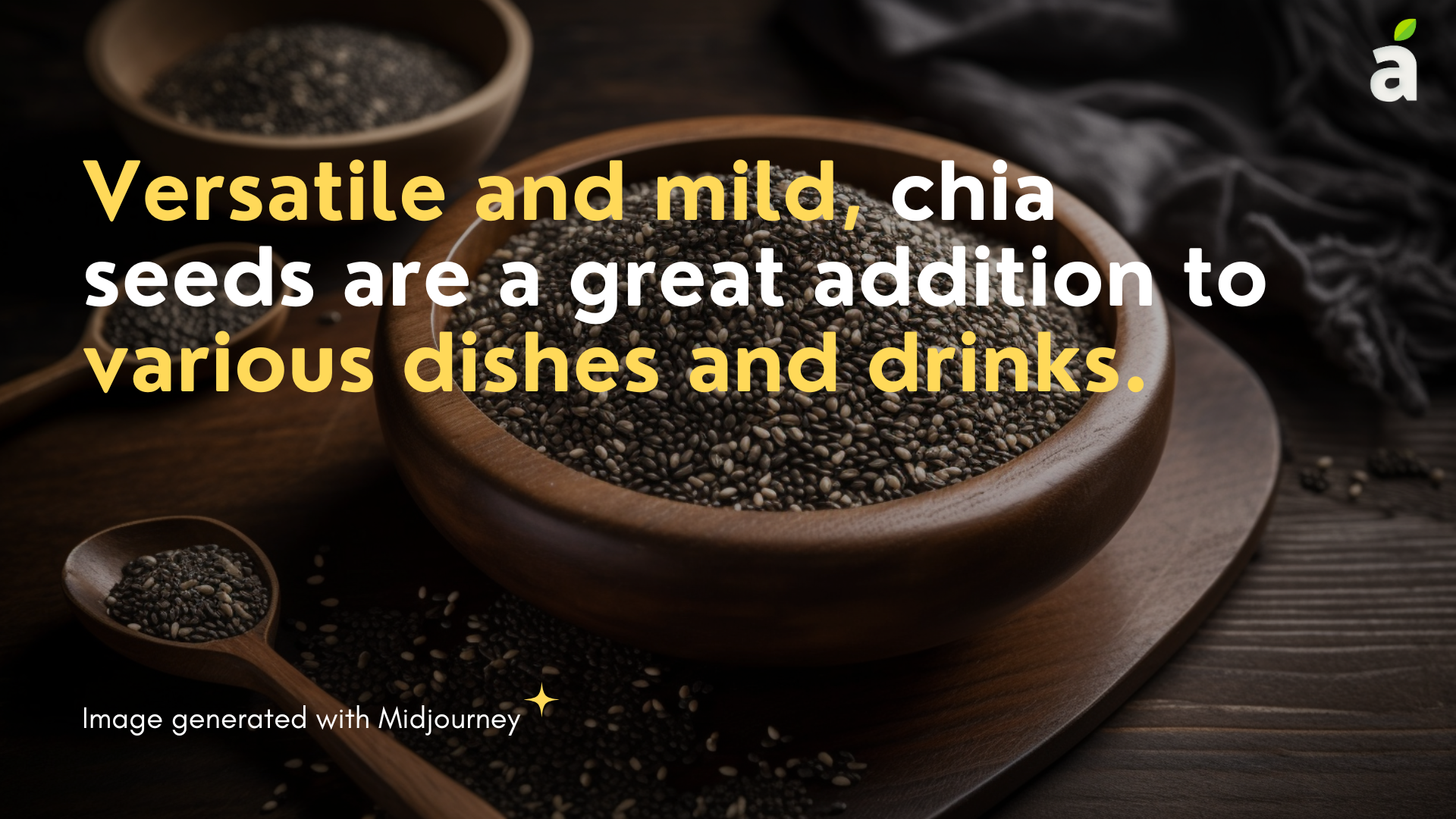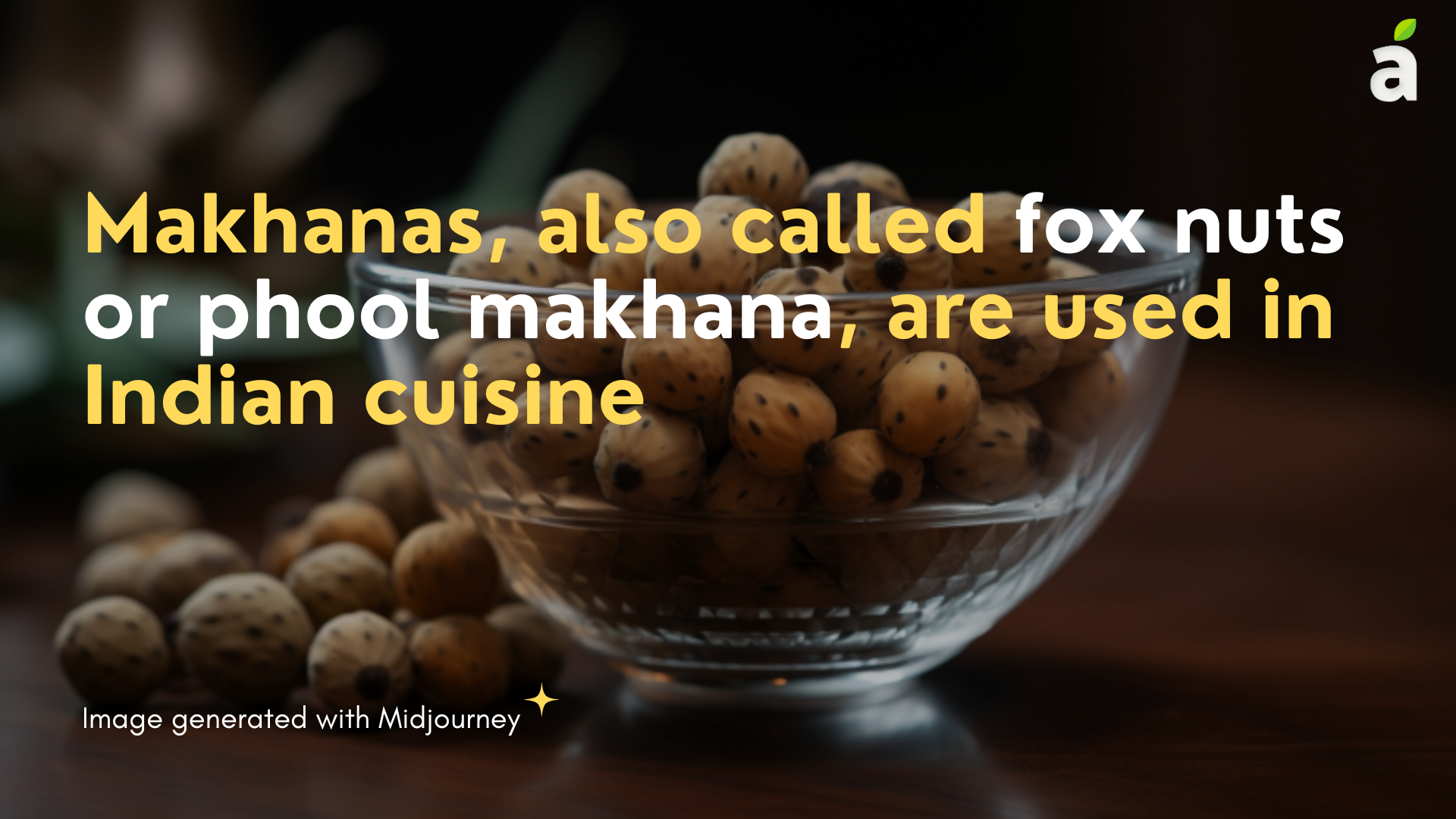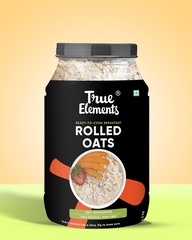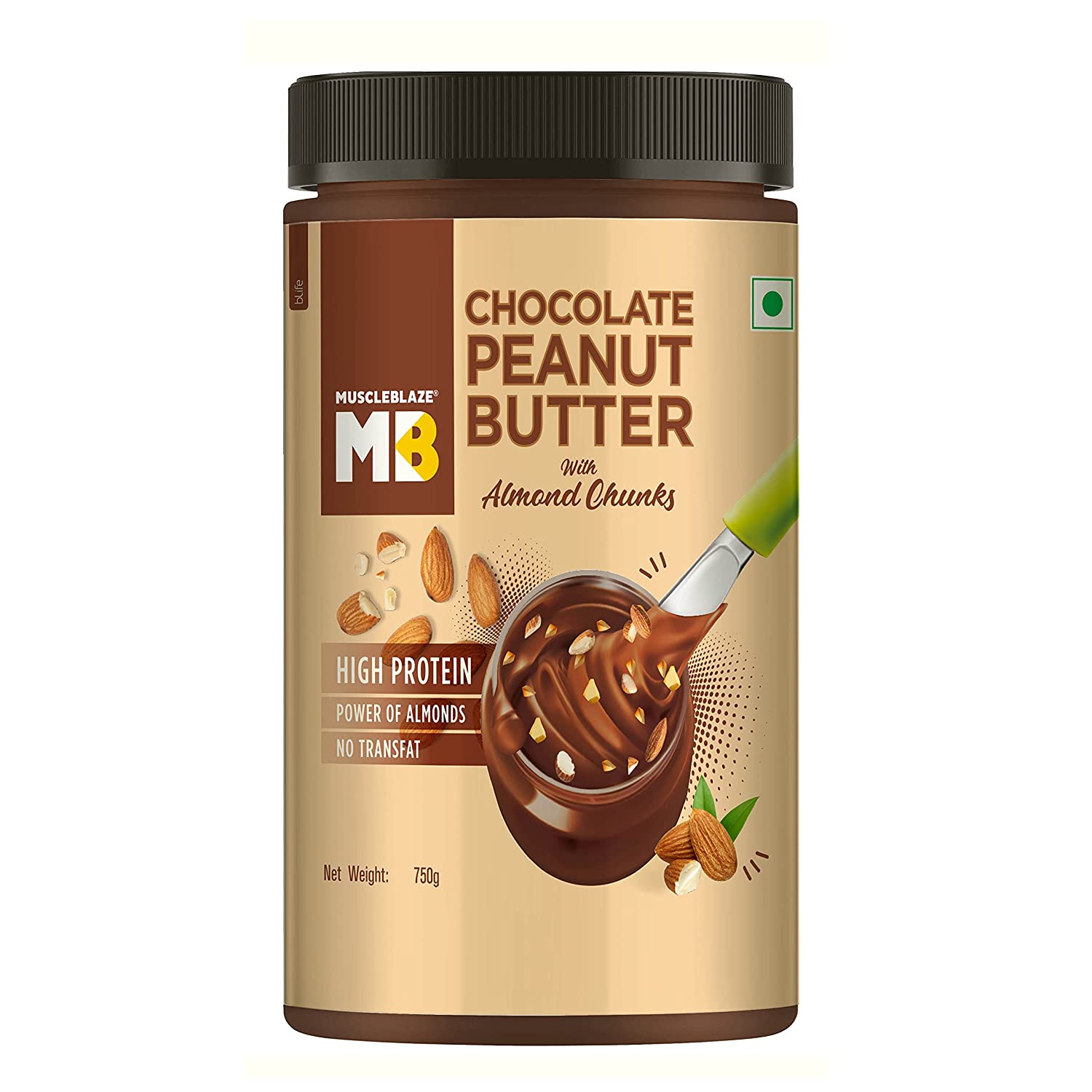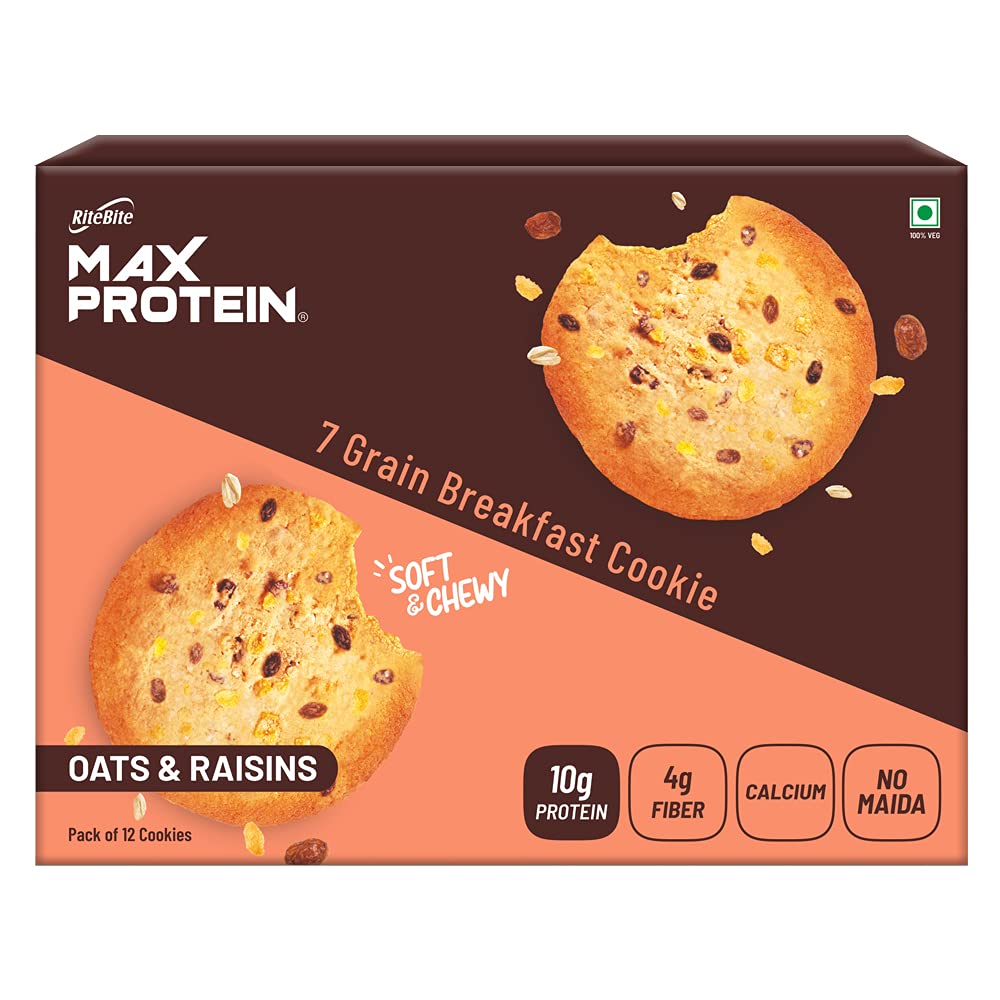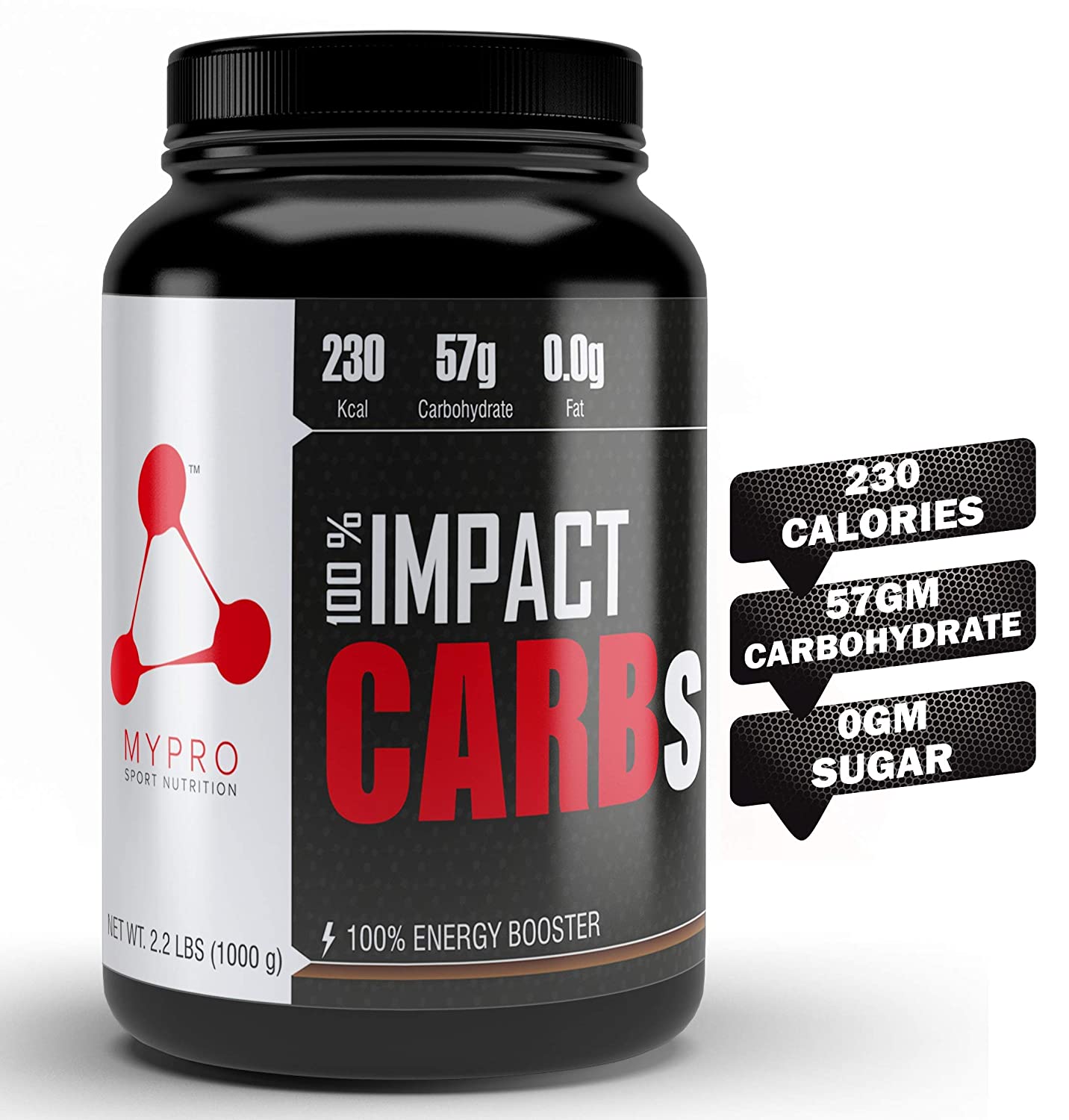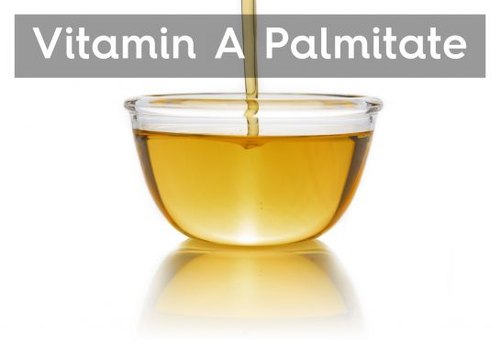Published Date January 24, 2003
Nutritional Needs of a Recreational Athlete
By Arpita Sudev
5 min read
Last update date: January 24, 2003
All about carbohydrates, vitamins A, protein and Athlete.
The human body is designed to carry out some specific activities and can adapt to a wide range of metabolic demands imposed by sports or exercises.
Energy to fuel the body is derived from a combination of nutrients like carbohydrates, fats and proteins. An athlete’s diet is not very different from that of any regular person wanting to be healthy. Their diet needs to include foods from each of the food groups. However, athletes may need to eat more or less of certain foods, depending upon:
- The type of sport she plays
- The intensity of training she does
- The amount of time she spends in training
Calories measure the energy you get from food. Most people need between 1,500 and 2,000 calories a day. For athletes, this number can increase by 500 or even by 1,000 in some cases.
An athlete’s energy intake can be something like this:
Carbohydrates: 7–12 g/kg of bodyweight
Protein: 0.8–1.0 g/kg/day to 1.0–1.2 g/kg/day for resistance athletes, 1.2–1.6 g/kg/day for endurance athletes
Fat: 20–35% of energy intake per day. Omega-3 and Omega-6 in the range of 14–17 g/day and 1.1–1.6 g/day respectively.
Athletes who exercise for more than 60–90 minutes might need to increase their carbohydrate intake up to 65–70%. These athletes should also aim to minimize their intake of high-fat foods, fried foods, and other junk.
Carbohydrates and sporting performance
Carbohydrates are broken down into sugar & starch during digestion as the body’s primary energy source. The glucose then gets converted into glycogen and gets stored in the liver and muscle tissues. Athletes can easily increase their stores of glycogen by regularly eating high-carbohydrate foods.
In the hours soon after exercise, consuming high–glycemic index (GI) foods can speed up muscle glycogen restoration. Whereas, low GI foods may be useful before exercise to provide a more sustained energy release.
An athlete would need the following amount of carbohydrates depending on the intensity of exercises she does:
- Light intensity exercise (30 mins/day): 3–5 g/kg/day
- Moderate intensity exercise (60 mins/day): 5–7 g/kg/day
- Endurance exercise (1–3 hrs/day): 6–10 g/kg/day
- Extreme endurance exercise (more than 4 hrs/day): 8–12 g/kg/day
Protein and sporting performance
Protein plays an important role in post-exercise recovery and repair but its need is usually met by following a high-carbohydrate diet. Many foods, especially cereal-based foods, are a combination of carbohydrates and protein.
The amount of protein recommended for sporting people is just slightly higher than that for the general public. For example:
- Normal active people: 0.8–1.0 g/kg of body weight (a 60 kg person should eat around 45–60 g of protein daily).
- People involved in non-endurance-based sports and exercise should consume between 1.0–1.2 g/kg of body weight per day.
- People involved in hardcore endurance and strength-oriented sports and exercise for longer periods (> 1 hour) should consume between 1.2–1.7 g of protein per kg of body weight per day.
Fat and sporting performance
Fat is an energy-dense macronutrient but its use as an energy source depends on many factors such as the type of exercise, intensity, duration, and diet before and after training. It promotes the absorption of vitamins A, D, E, and K. It provides a high yield of energy as compared to carbohydrates & proteins though the usual recommendation for a recreational athlete is anywhere between 20–35% of energy intake per day.
Takeaway:
As an athlete, you could have hectic training schedules and you could spend a lot of energy when exercising. Meeting energy needs is a top priority to maintain a positive energy balance, improve performance and maintain or increase lean body mass. Your energy needs can be met with an optimal combination of carbohydrates, proteins, and fats.
Understand your needs and see which foods are best suited for your needs with Ariso.


